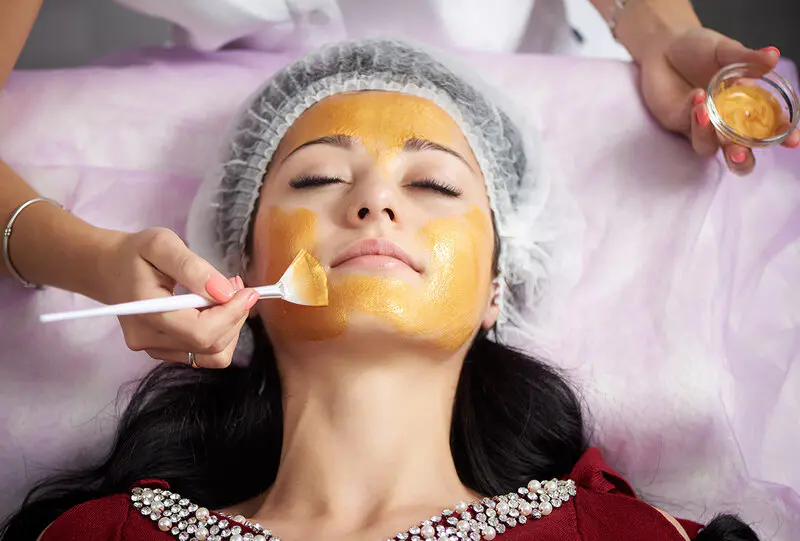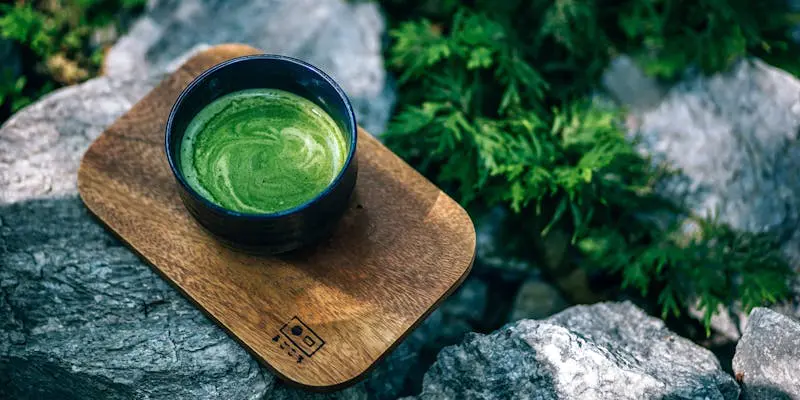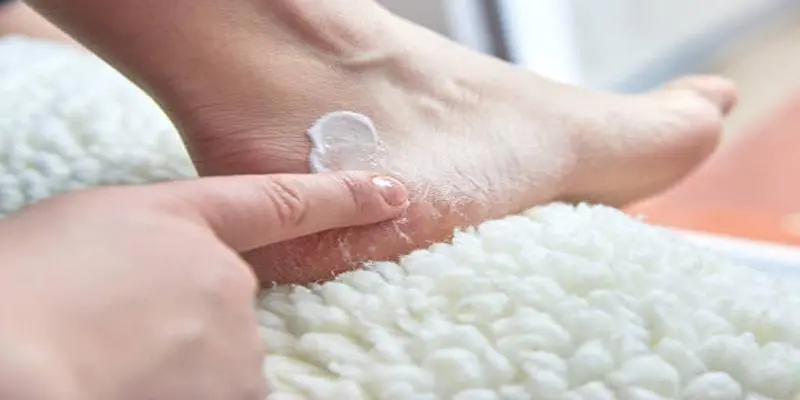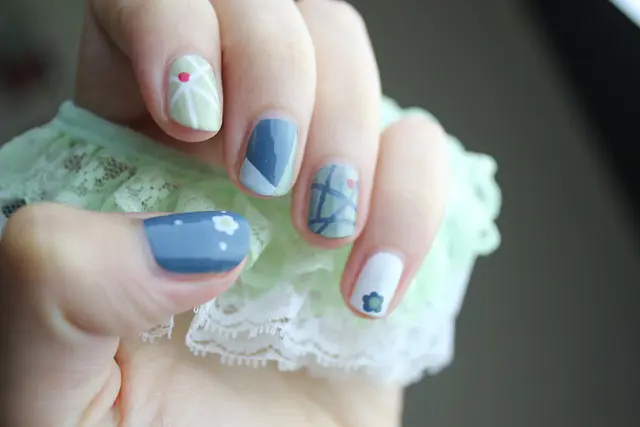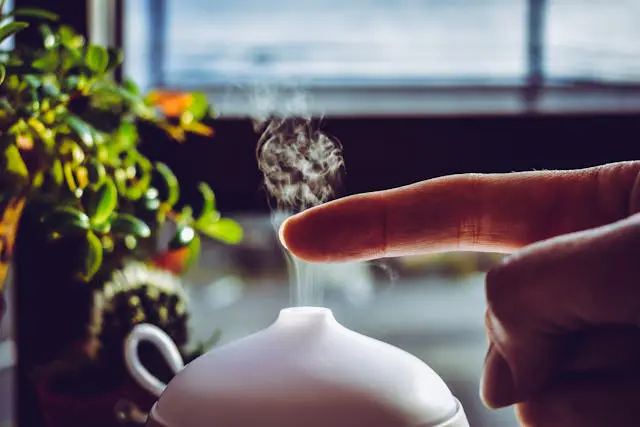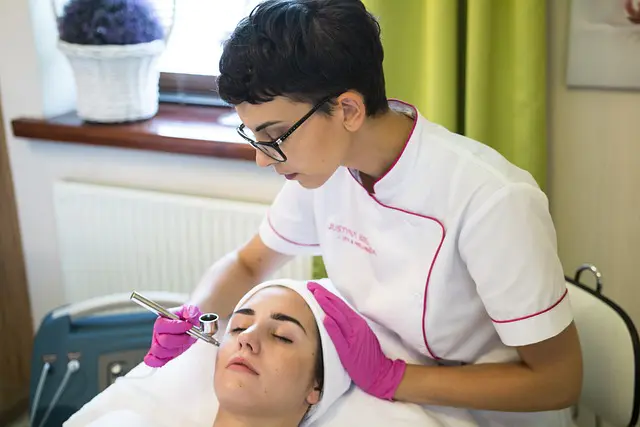While many individuals prioritize hair care products and styling methods to achieve shiny, voluminous hair, the nutritional aspect of hair care is often underestimated. The nutrients we ingest play a pivotal role in the growth, strength, and overall appearance of our hair. A well-balanced diet enriched with essential nutrients can dramatically enhance hair quality, transforming it from dull to dynamic and resilient.
This article explores the relationship between nutrition and hair health, pinpoints the nutrients that promote hair growth, and discusses how your dietary choices can either bolster or diminish the vitality of your hair.
1. Understanding Hair Growth and Nutritional Needs
Hair primarily consists of a protein called keratin, which is produced in the hair follicles on the scalp. Hair growth is part of a cycle that includes the anagen (growth), catagen (transition), and telogen (resting) phases. To maintain hair health and encourage growth, the body must provide hair follicles with the necessary nutrients to support this cycle.
Just as other bodily functions depend on adequate nutrition, hair also requires specific vitamins and minerals for optimal health. A deficiency in these nutrients can lead to hair loss, slow growth, or hair thinning.2. Essential Nutrients for Hair Health
Several nutrients are vital for hair growth and health. Here, we examine the most important nutrients for maintaining hair health.
2.1 Protein
Since hair is largely made up of protein (keratin), it's evident that protein is essential for hair health. A diet lacking in protein can lead to hair thinning or loss, as the body may not have the necessary building blocks to create new hair strands.
Top Sources of Protein:
- Eggs
- Fish (salmon, mackerel, sardines)
- Poultry
- Legumes (lentils, chickpeas)
- Soy products (tofu, tempeh)
- Greek yogurt
Incorporating these protein-rich foods into your diet can help nourish hair follicles and encourage the growth of strong, healthy hair.
2.2 Biotin (Vitamin B7)
Biotin, or Vitamin B7, is a well-recognized vitamin for hair health. It is a water-soluble B-vitamin that aids in the production of keratin, the protein that makes up hair. A deficiency in biotin can result in thin and brittle hair, highlighting the importance of sufficient dietary intake.
Top Sources of Biotin:
- Eggs
- Nuts (almonds)
- Root vegetables (sweet potatoes)
- Leafy greens (spinach)
- Fruits (avocados)
- Whole grains (oats)
While biotin supplements are popular for hair health, it's preferable to obtain this nutrient from a balanced diet with whole foods.
2.3 Vitamin C
Vitamin C is an antioxidant that is crucial for collagen production, a protein that supports hair structure. Collagen strengthens hair follicles and protects against breakage. Additionally, Vitamin C aids in iron absorption, a nutrient essential for hair health.
Top Sources of Vitamin C:
- Citrus fruits (oranges, lemons, grapefruits)
- Berries (strawberries)
- Peppers (bell peppers)
- Fruits (kiwi)
- Fruits (pineapple)
- Vegetables (broccoli)
Vitamin C also combats oxidative stress, which can damage hair follicles and hinder growth.
2.4 Iron
Iron is vital for hair health as it assists red blood cells in transporting oxygen to hair follicles. Without adequate oxygen, hair follicles may not function properly, leading to slow growth or hair

